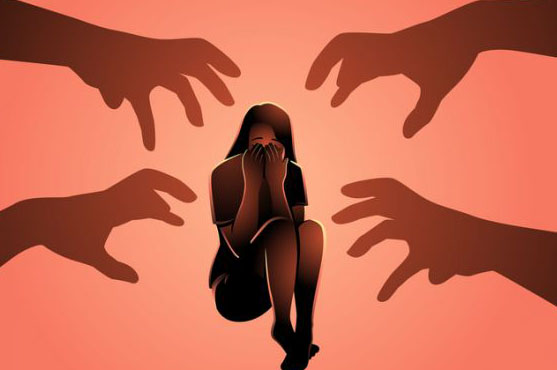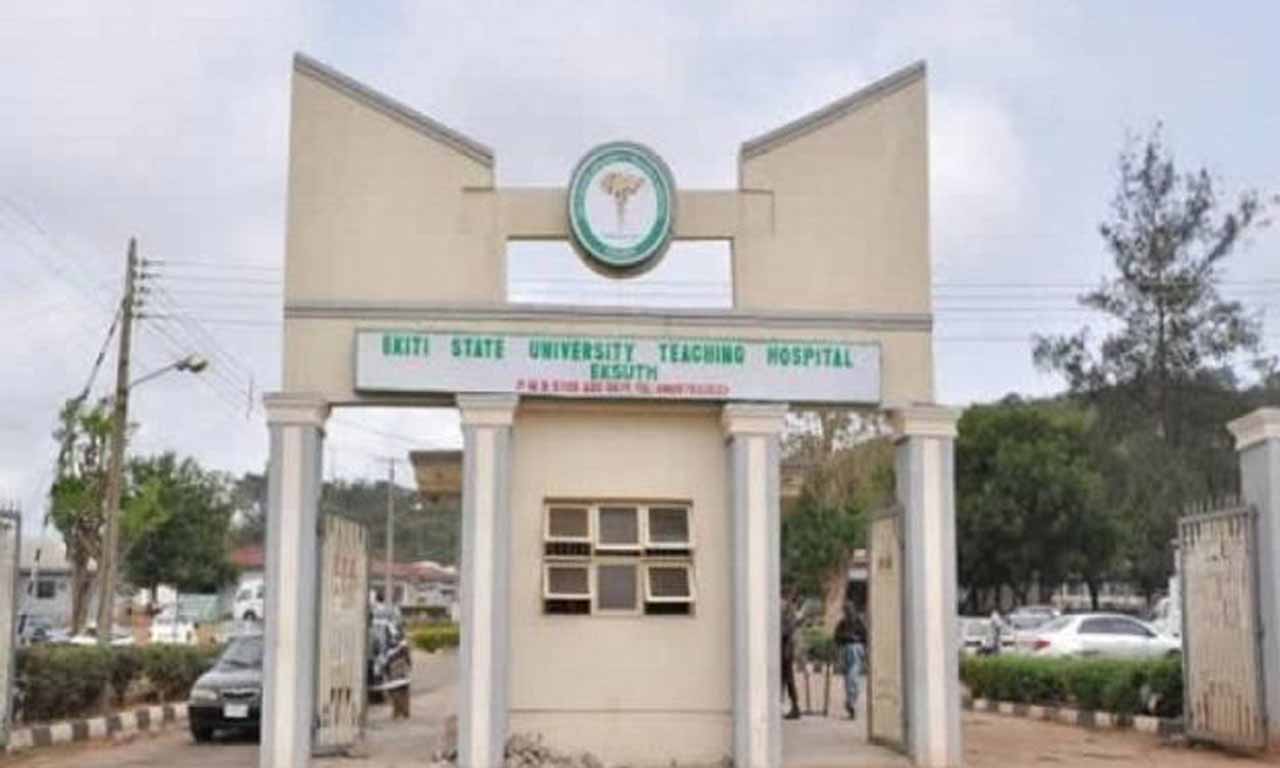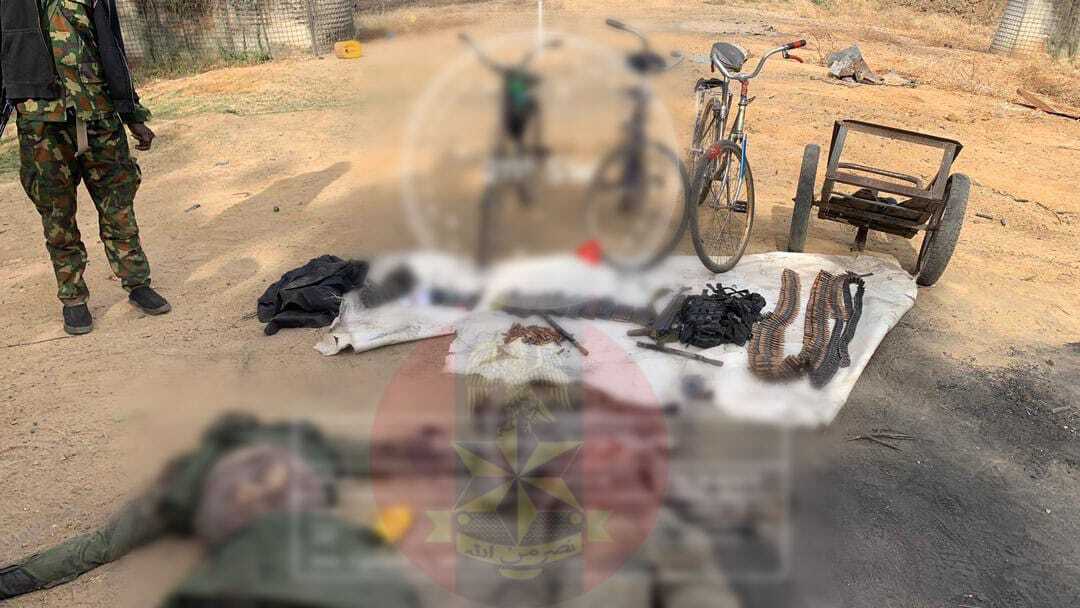
Women’s Rights and Health Project (WRAHP) has sensitised members of under-served communities of their rights, with a view to curbing violations and sexual and gender-based violence (SGBV).
This came up during the Community Legal Clinic initiative, organised by WRAHP, in partnership with Canada Funds for Local Initiatives (CFLI), held at Agbado Oke-Odo LCDA, Alimosho Local Council.
Assistant Secretary, International Federation of Women Lawyers (FIDA), Badagry, Cynthia Ibe, said: “Girls and boys are sexually abused on a daily basis, groomed into sexual activities, and blackmailed to remain in secrecy. So, we need to ‘see something’, ‘say something’ and ‘do something’ immediately.”
She explained that children are obligated to enjoy: “Rights to life, education, good health, freedom from slavery, torture, sexual abuse and child labour.”
Ibe said child rights violation is a punishable offence, and that the Lagos State government is committed to prosecuting violators.
She noted that the penalty for defilement is life imprisonment.
Human rights advocate, Tunrayo Falade, educated participants on the legal implications of domestic violence and the tenancy law of Lagos, showing how tenants can be lawfully evicted and the rights available to them.
She described domestic violence as, “physical abuse, intimidation, starvation, sexual exploitation or abuse”.
A lawyer, Abdulwahab Bakare, told participants about the Special People’s Act, which ensures that people with disabilities are not deprived of their rights as humans and citizens.
He said: “We try to achieve three things: sensitisation about the existence of these laws; the enforceability of the law; and the places to go to seek redress if rights have been infringed upon.”






